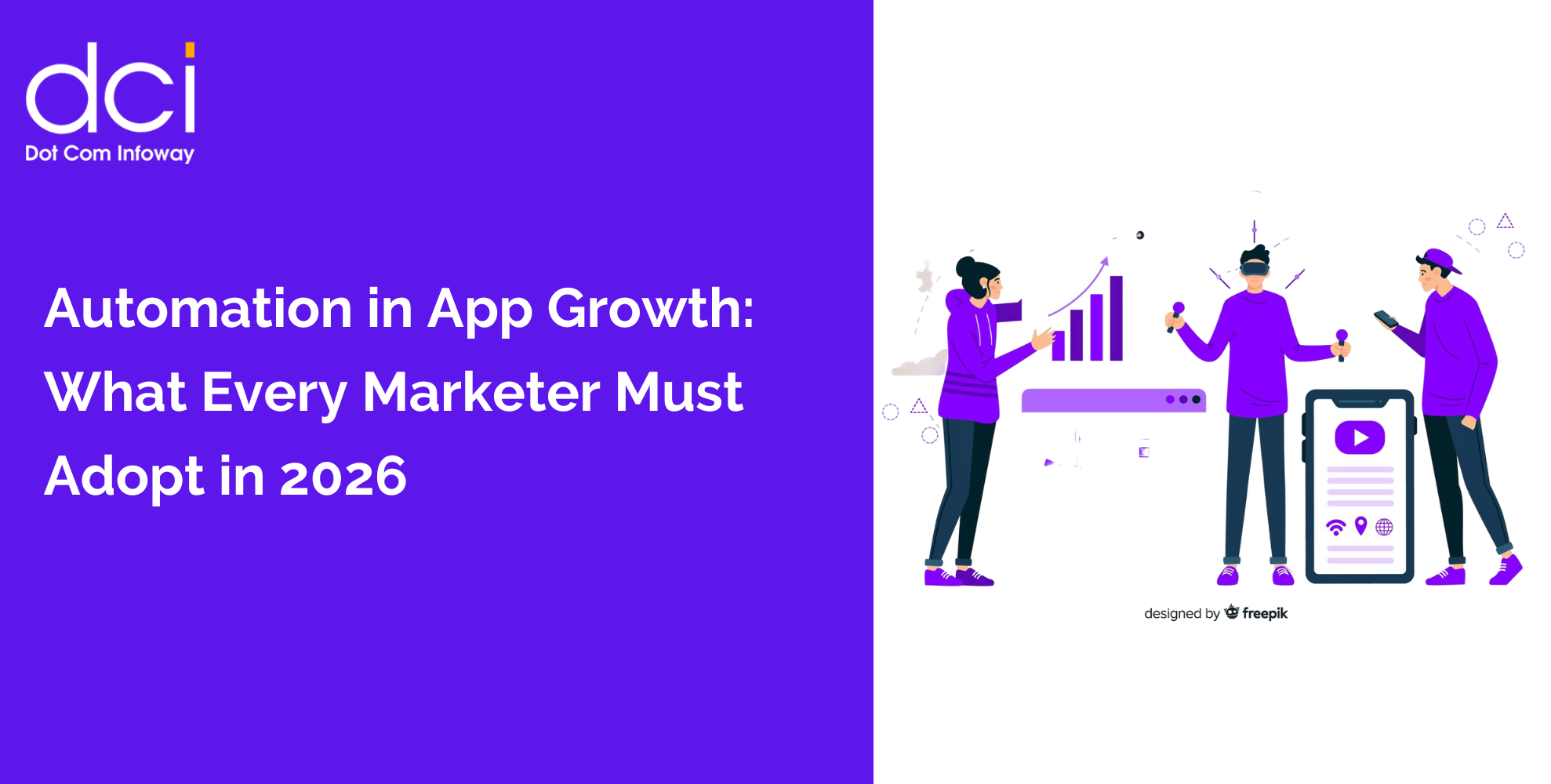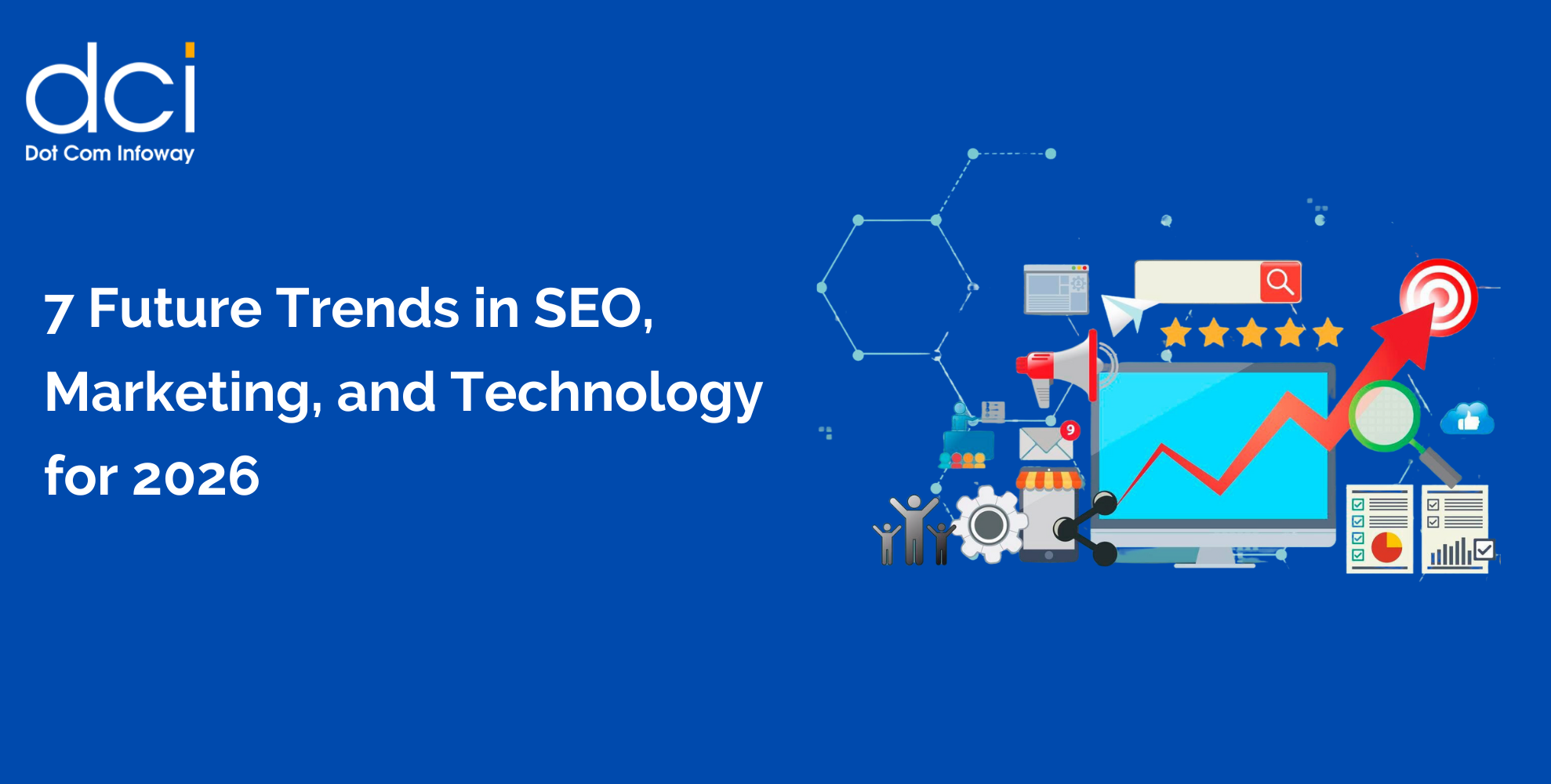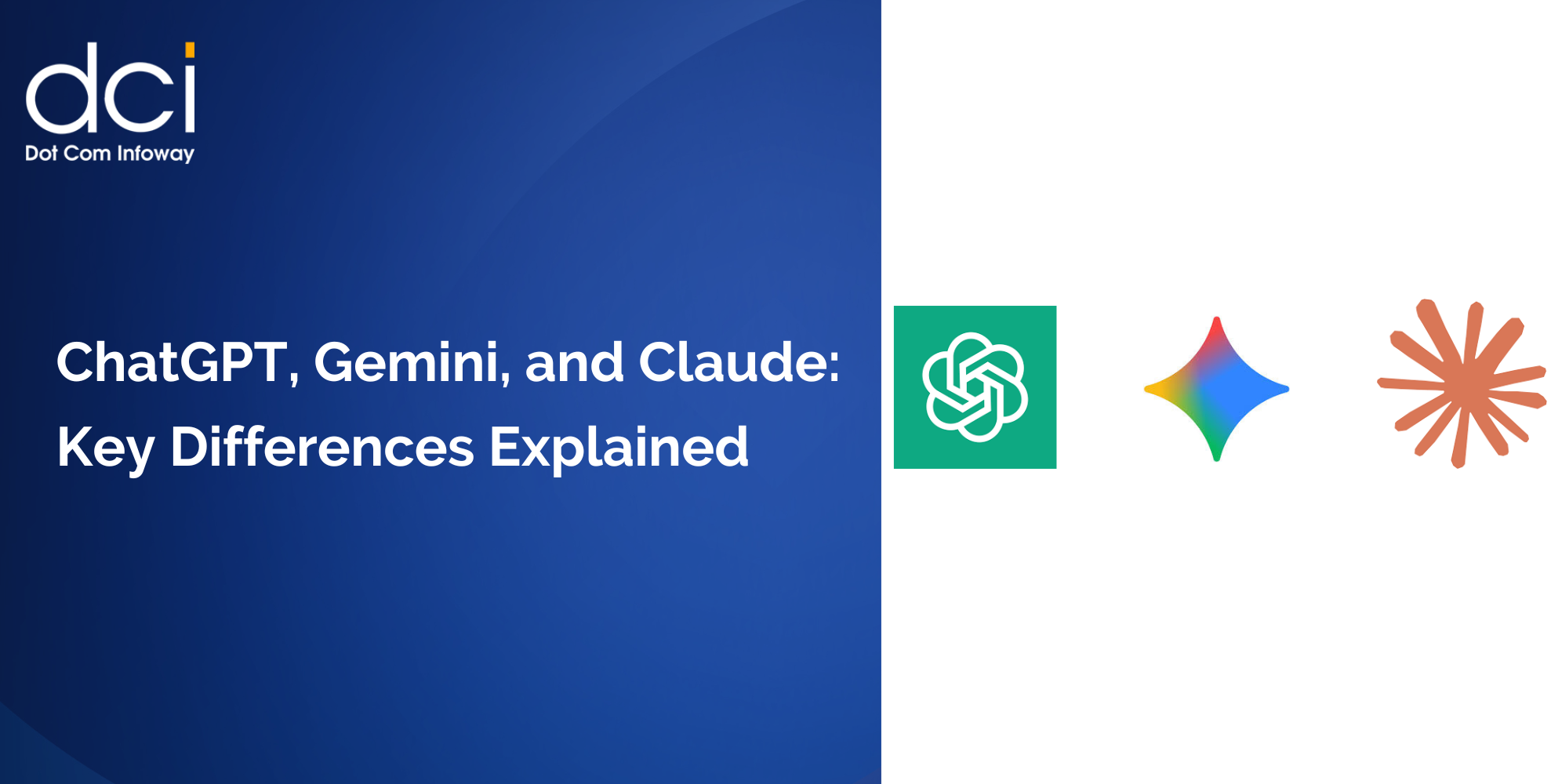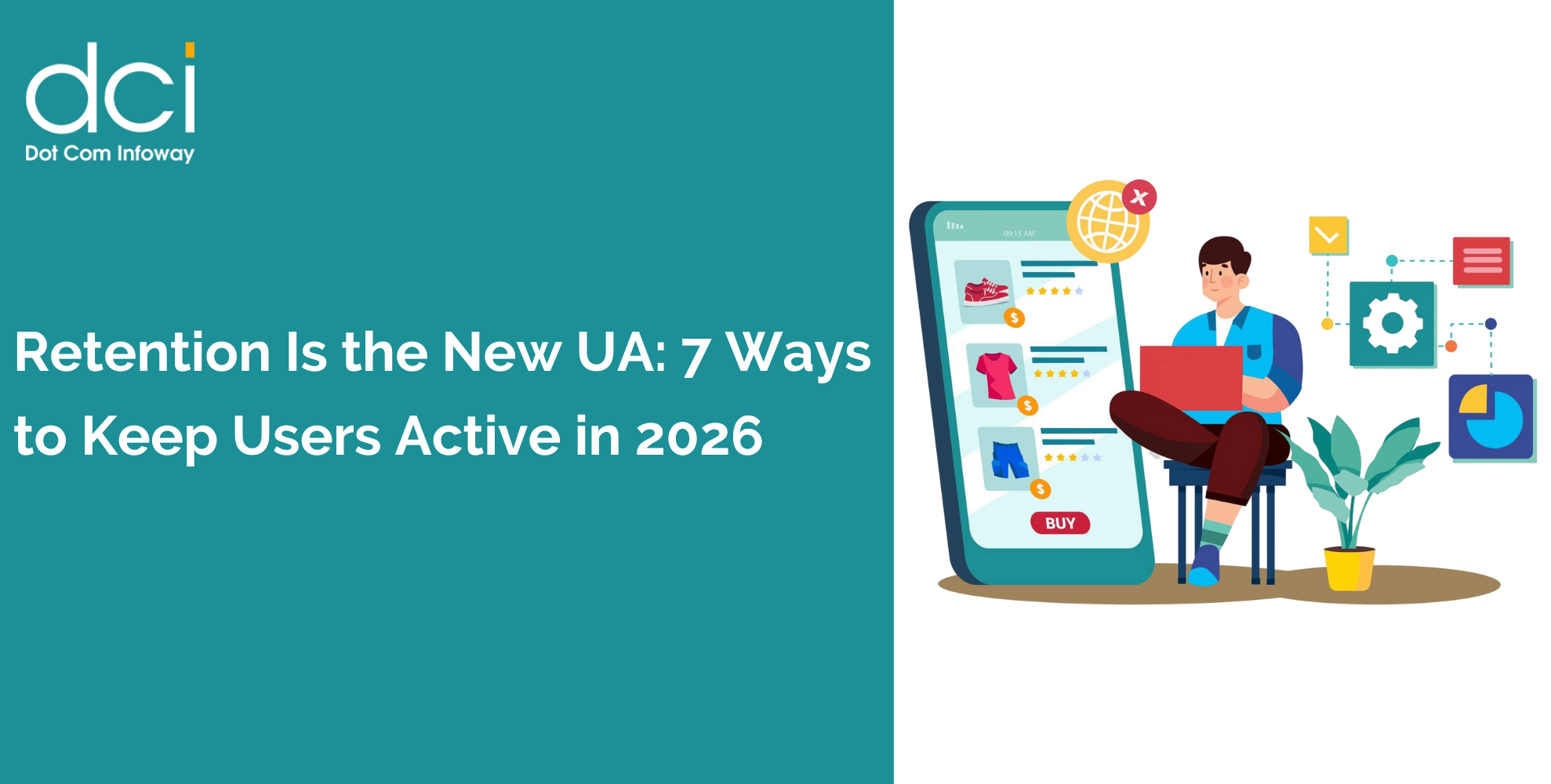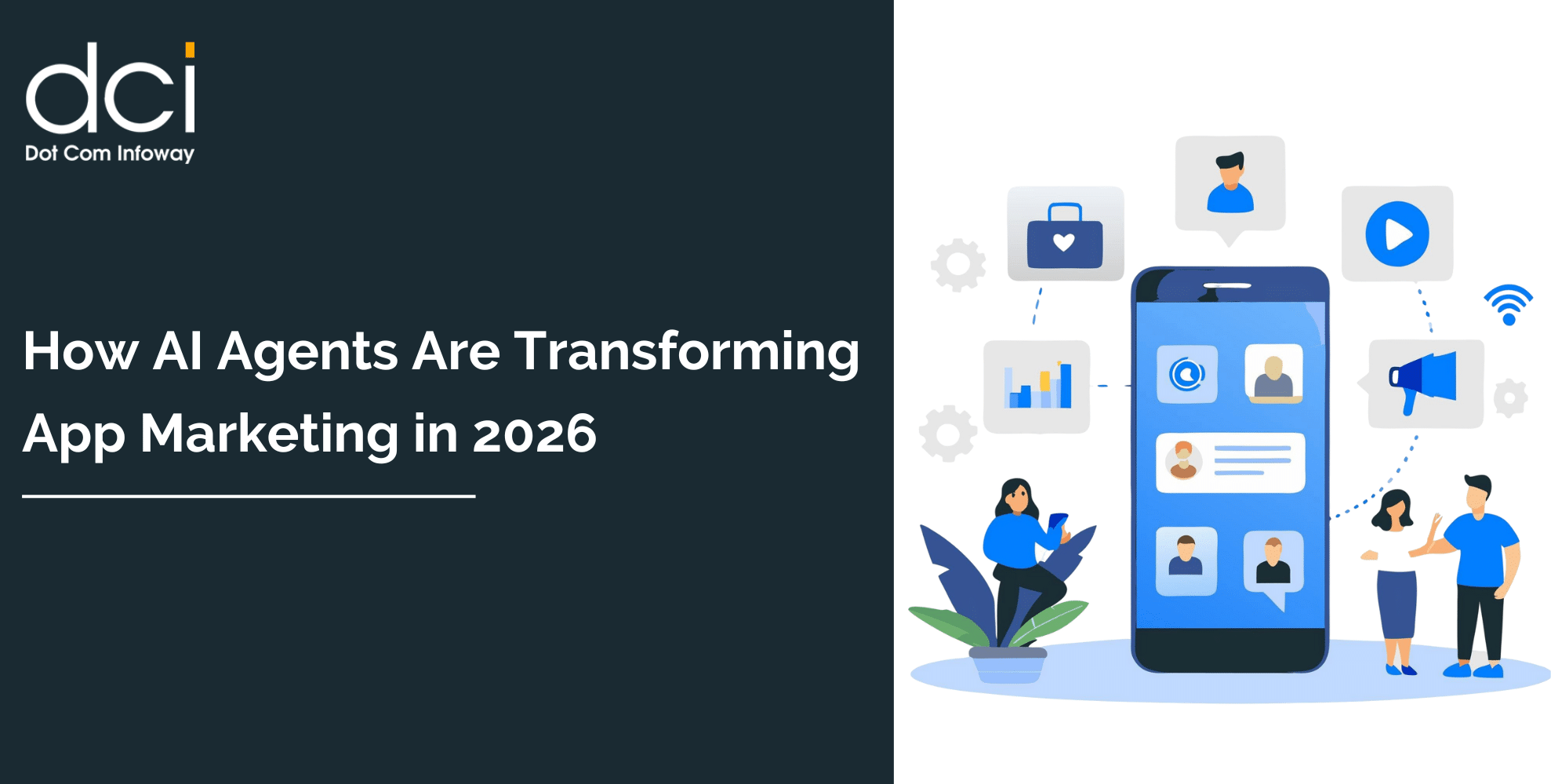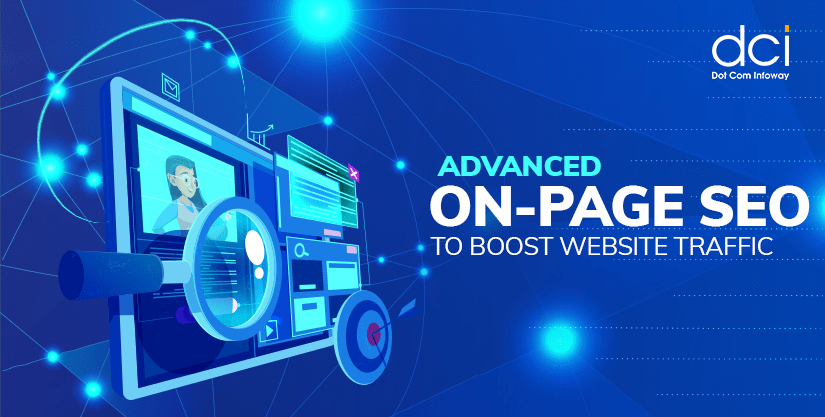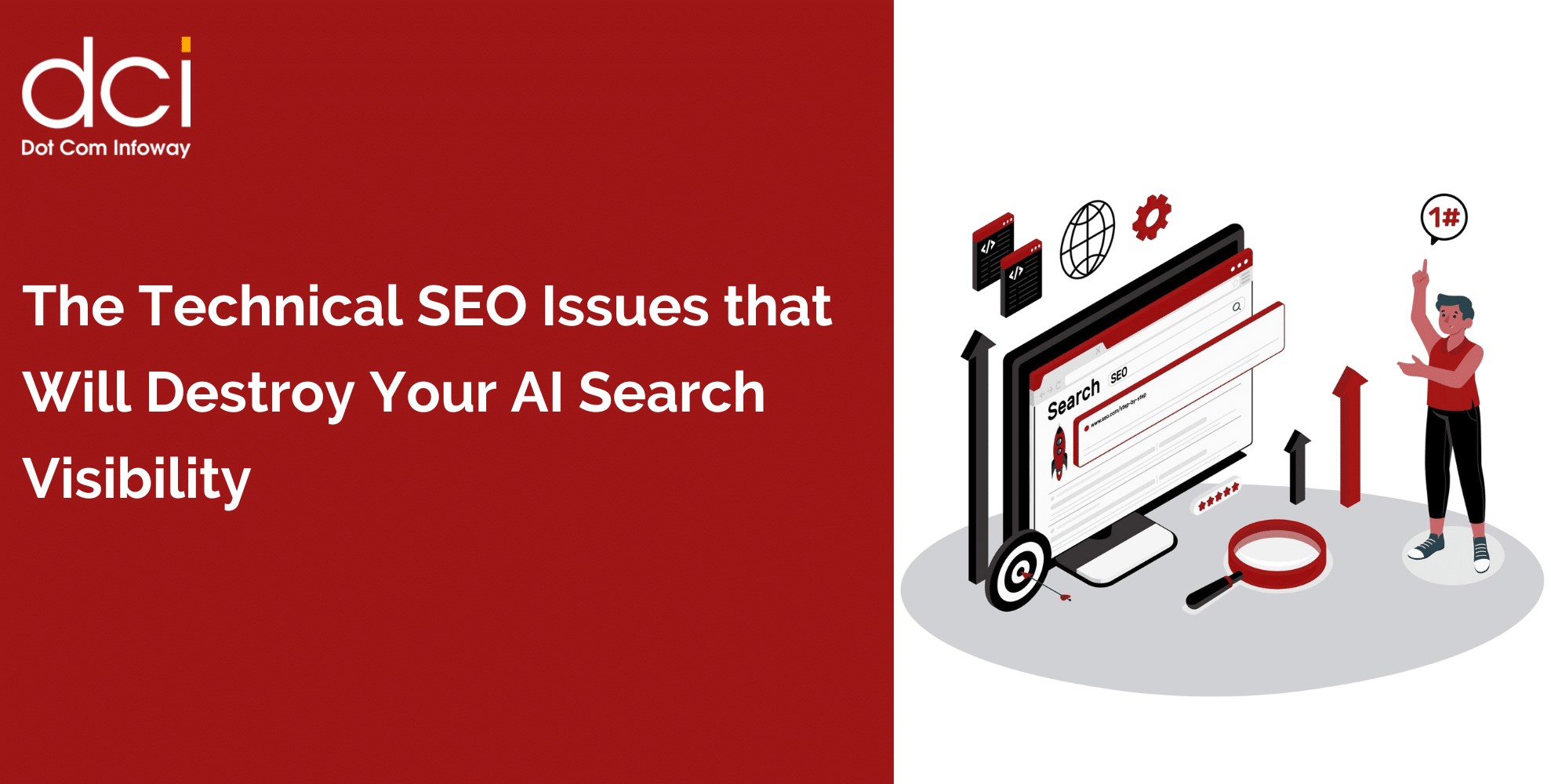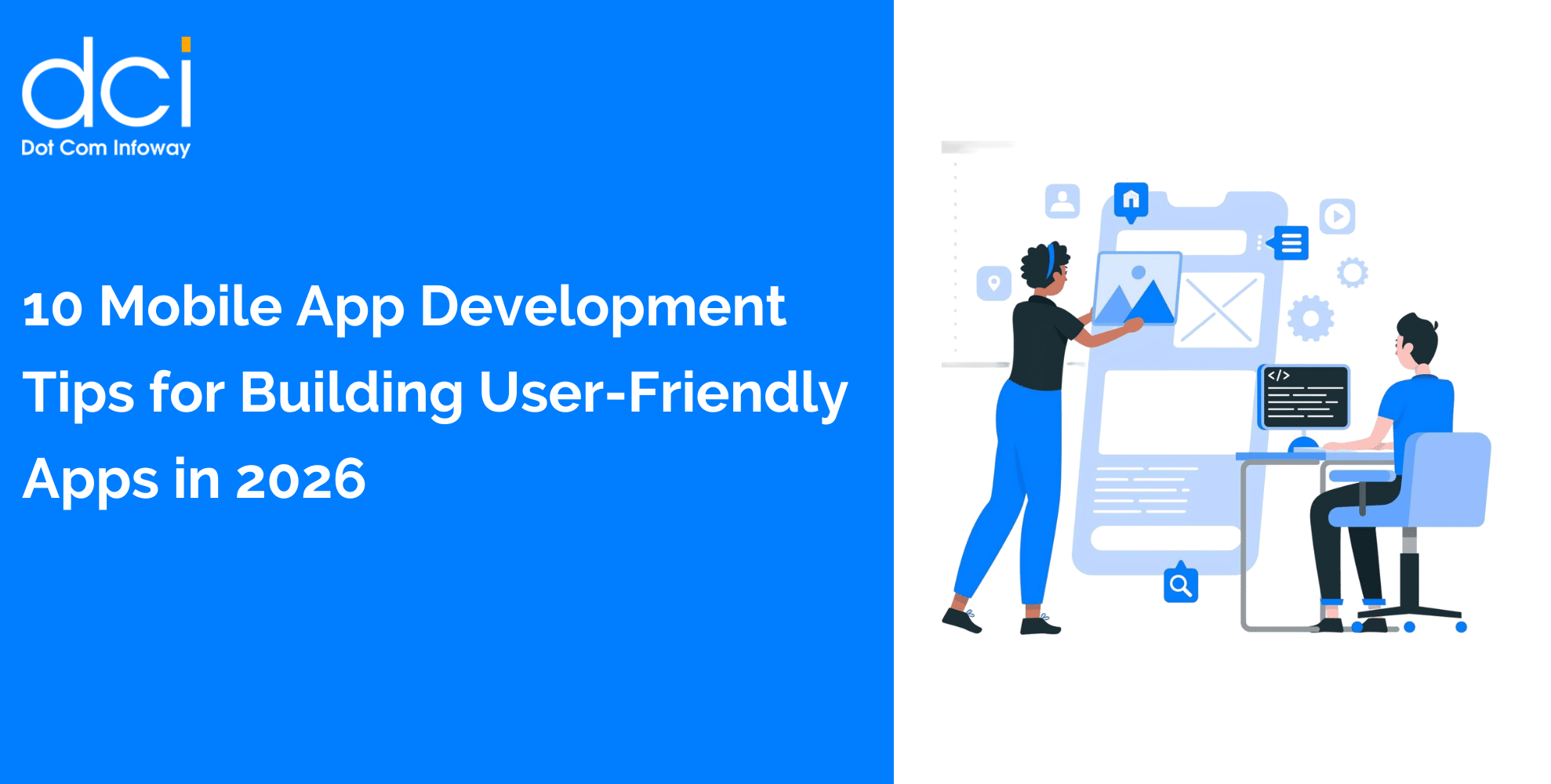The Market Explosion Behind Sales Automation
The numbers surrounding AI in sales adoption are staggering. The global AI agents market exploded from USD 5.1 billion in 2024 to a projected USD 47.1 billion by 2030, representing a compound annual growth rate of 44.8%. This isn’t speculative growth—it’s driven by measurable results across industries.
“Deep relationships with customers are the difference-makers when it comes to challenging sales environments. B2B buyers are more likely to purchase when reps act as trusted advisors.”-Ketan Karkhanis, EVP and GM of Sales Cloud at Salesforce
What’s driving this explosive adoption? Sales representatives currently spend 70% of their time on non-selling activities like data entry, research, and administrative tasks. AI Sales Agents eliminate this inefficiency by automating repetitive processes while human salespeople focus on relationship-building and closing deals.
Companies implementing comprehensive sales automation strategies are seeing transformative results. 76% of e-commerce teams attribute revenue growth to AI adoption, while service teams report more than 40% increase in case resolution rates when using AI-powered agents versus traditional chatbots.
How AI Sales Agents Transform Lead Generation Workflows
Modern AI prospecting tools operate with sophistication that would have seemed like science fiction just five years ago. These systems integrate with multiple data sources CRM platforms, social media networks, company databases, and web analytics to create comprehensive prospect profiles automatically.
Consider how Conversica, a leader in conversation automation, deployed AI Sales Agents across their client base. Their Revenue Digital Assistants don’t just send templated follow-up emails; they engage in contextual, two-way conversations that adjust messaging based on prospect responses and behavior patterns.
AI sales software platforms like HubSpot’s Breeze Prospecting Agent and Salesforce’s Einstein AI analyze thousands of data points to identify the highest-value leads. These systems can:
- Process social media activity to identify buying signals
- Score leads based on engagement history and demographic fit
- Automatically update CRM records with enriched contact information
- Schedule meetings based on prospect availability and sales rep calendars
- Generate personalized outreach messages that reflect prospect interests
The efficiency gains are remarkable. Teams using automated lead generation report cutting prospecting time in half while simultaneously improving lead quality scores.
Data-Driven Results: Why AI Sales Tools Deliver Superior Outcomes
The performance metrics surrounding sales automation software adoption paint a clear picture of transformation. 85% of customer service reps at organizations using AI say it saves them time, while 67% of customers express dissatisfaction when service teams can’t resolve issues instantly.
By 2025, experts predict that 85% of customer interactions will be managed without human customer service representatives. This shift toward automation isn’t replacing human connection—it’s enabling sales teams to focus their energy on high-value activities that drive revenue.
AI Sales Agents excel in areas where consistency and speed matter most:
Lead Qualification Excellence: AI prospecting tools analyze behavioral data, company information, and engagement patterns to score leads with 94% accuracy compared to manual qualification methods.
Multichannel Orchestration: Modern sales automation platforms coordinate outreach across email, social media, phone calls, and direct mail, ensuring consistent messaging while optimizing timing for each channel.
Predictive Analytics: AI in sales systems forecast deal probability, identify at-risk opportunities, and recommend next-best actions based on historical performance data.
Personalization at Scale: AI sales software generates customized messaging for thousands of prospects simultaneously, incorporating company news, industry trends, and individual preferences into each communication.
Industry Leaders Pioneering Automated Lead Generation
Forward-thinking companies are already reaping the benefits of comprehensive AI Sales Agents implementation. Drift revolutionized conversational marketing by deploying chatbots that qualify leads in real-time during website visits. Their system identifies high-intent visitors and connects them with appropriate sales representatives while they’re actively engaged.
Outreach, now part of Salesloft, built its entire platform around sales automation principles. Their sequence-based approach allows sales teams to create sophisticated nurturing campaigns that adapt based on prospect responses. The system automatically pauses sequences when prospects reply, schedules follow-ups based on optimal timing algorithms, and provides analytics on message performance across different industries and roles.
“AI is no longer a nice-to-have; it’s a must. Its impact is greatest when every tool in a team’s tech stack is consolidated.”
—Amber Armstrong, Sales Cloud CMO at Salesforce
Salesforce’s Einstein AI represents the enterprise-scale implementation of AI sales tools. The platform processes millions of customer interactions to identify patterns that human analysts might miss, automatically surfacing opportunities and risks within sales pipelines.
These implementations share common characteristics: they integrate deeply with existing workflows, provide actionable insights rather than just data, and scale intelligently as organizations grow.

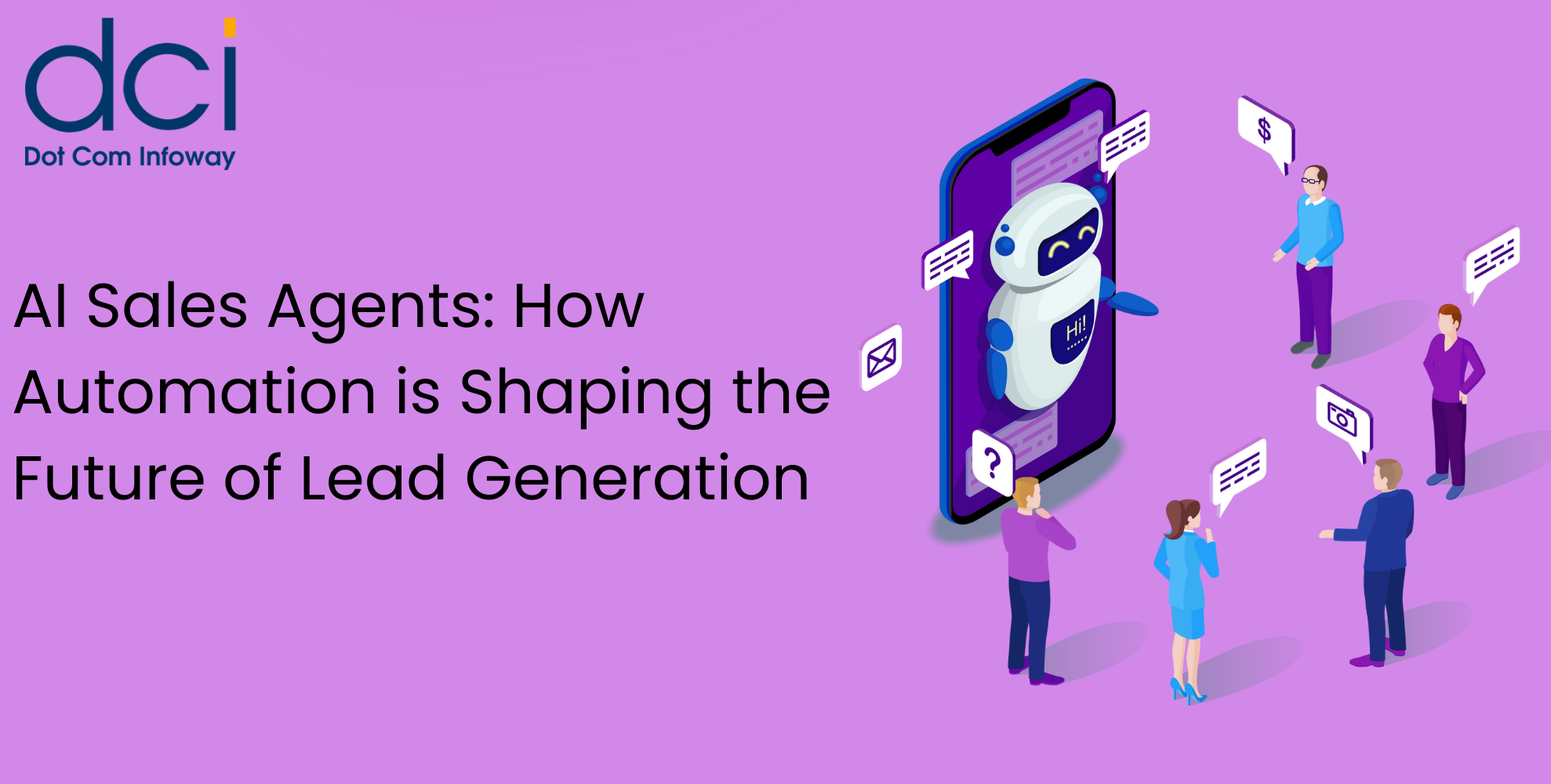
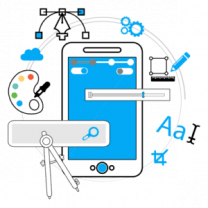




![The Game Marketing Guide: Pre and Post-Launch Strategies [Infographic]](https://www.dotcominfoway.com/wp-content/uploads/2023/09/DCI-Game-Marketing-blog-1.jpg)

